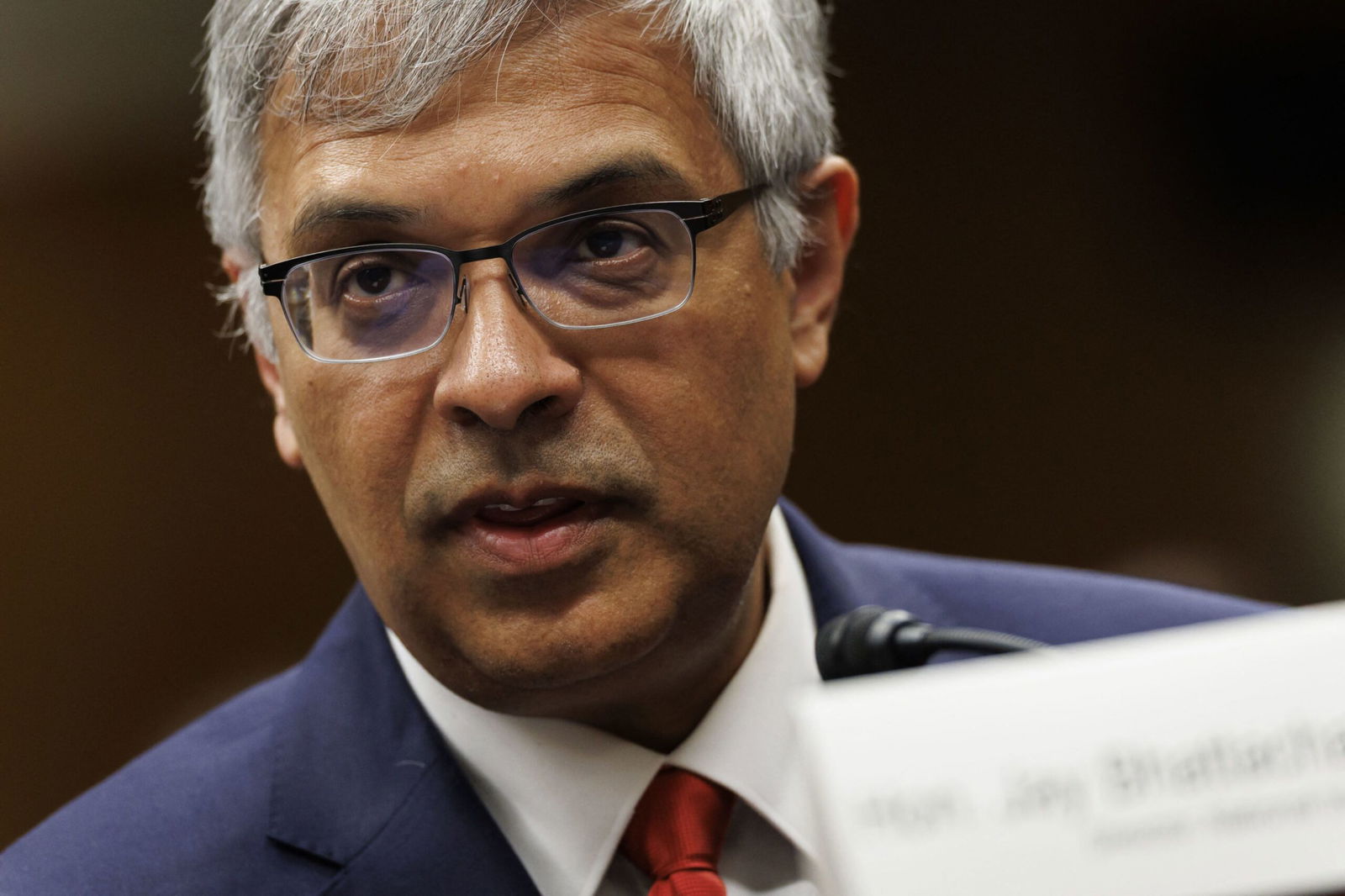NIH director lays out agency’s research and funding priorities in new strategy statement

US National Institutes of Health Director Dr. Jay Bhattacharya testifies during a Senate Appropriations Committee hearing in Washington
By Deidre McPhillips, CNN
(CNN) — The director of the US National Institutes of Health outlined on Friday a “unified strategy” to align the agency’s priorities and funding, a move he said was meant to offer clarification following sweeping changes at the agency, including massive budget cuts, grant cancellations and plans for reorganization.
In Friday’s statement, Dr. Jay Bhattacharya emphasized the need for transparency with the taxpaying American public and an intent to “honor their trust.” He identified key priorities for the NIH, including chronic disease and nutrition – as per an executive order “on Gold-Standard Science and the Make America Healthy Again Commission Report” – as well as artificial intelligence, alternative testing models and real-world data platforms.
He also noted that the agency is dedicated to supporting research that pursues “innovative, and sometimes controversial, questions.”
NIH funding decisions will reflect these priorities and other “core principles,” the statement said.
“As stewards of taxpayer funds, NIH must deliver results that matter to the public,” Bhattacharya wrote. “Through this strategy, we will better leverage the synergistic missions of each NIH Institute and Center to fund the most meritorious science, address urgent health needs, and sustain a robust biomedical research workforce.”
More details were shared on certain agency priorities with an intent to “clarify specific issues that currently require additional guidance,” the statement said, including autism, nutrition, HIV/AIDS, research on racial disparities, transgender care and more.
In April, a policy note from the NIH said the agency can pull medical research funding from universities with diversity and inclusion programs. Friday’s statement noted that the NIH was “shifting to solution-oriented approaches in health disparities research.”
“In contrast to research that considers race or ethnicity when scientifically justified […] research based on ideologies that promote differential treatment of people based on race or ethnicity, rely on poorly defined concepts or on unfalsifiable theories, does not follow the principles of gold-standard science,” the statement read.
NIH also intends to prioritize research focused on what it called “more promising avenues of research” for the the health of transgender youth than studies involving treatments such as puberty suppression, hormone therapy or surgery.
“Research that aims to identify and treat the harms these therapies and procedures have potentially caused to minors diagnosed with gender dysphoria, gender identity disorder, or gender incongruence, and how to best address the needs of these individuals so that they may live long, healthy lives is more promising,” the statement said.
Multiple priorities emphasize a preference for domestic research, including a new system to manage projects with funding for foreign research institutions and a blueprint for domestic training programs.
NIH will also prioritize research that can be replicated or reproduced.
“We are exploring various mechanisms to support scientists focused on replication work, to publish negative findings, and to elevate replication research,” the statement read.
The-CNN-Wire
™ & © 2025 Cable News Network, Inc., a Warner Bros. Discovery Company. All rights reserved.



